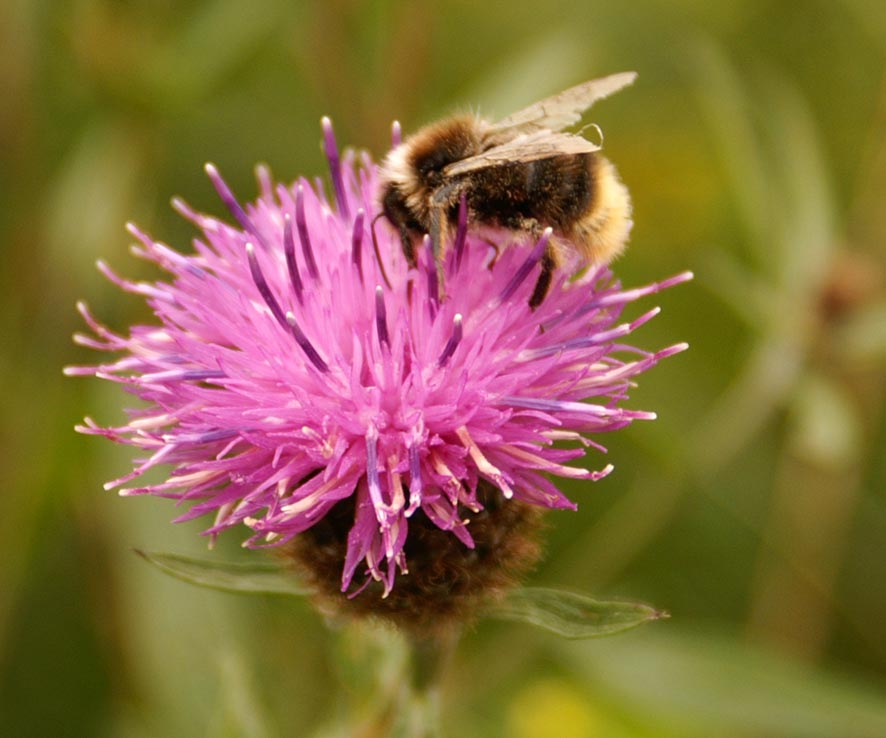The first step towards a national pollinator revival was secured today as the National Pollinator Strategy was published by DEFRA. It is a paper that hopes to protect the vital 1500+ species of pollinating insects which support our food production and ensure the diversity of our environment. Pollinating insects, such as wild bumble bees, moths, butterflies, wasps, beetles, hoverflies as well as honey bees have faced serious difficulty over the last 100 years with habitat loss, pesticides and the depletion of nectar sources, but without them, our £210bn per year food industry would be in serious difficulty, as well as our gardens and countryside looking far less beautiful.
The National Pollinator Strategy is a 10 year plan and hopes to re-introduce the best possible conditions for pollinating insects to flourish. The plan focuses on a number of key areas that are not just about landowners creating appropriate pollinator environments. A sustainable long-term monitoring programme is essential, so we better understand their status, the causes of any declines and where our actions will have most effect. The plan calls for better dissemination of information to landowners, managers and gardeners so that all parties are following the most up to date advice.
Farmers and landowners will be encouraged to cultivate strips of land as countryside stewardship schemes worth £900m will be introduced. Highways agencies, councils and land managers will be asked to plant nectar rich species and restore wildflower habitats, transforming roadside verges and public spaces. Whilst homeowners and gardeners are asked to consider leaving an area of their garden to grow wild. the monoculture of a mown lawn provides little in the way of biodiversity and habitat, let alone a nectar source and by leaving areas to naturalise with wildflowers, vital habitat and food will be provided within our urban areas as well as countryside.
Whilst we envisage yet more free packets of wildflower seed being handed out over the next couple of years, those that are in the wildflower meadow making business know that creating these beautiful, rich nectar beds can be incredibly hard work with often little reward in the first 5 years. Free packets of seeds are a fabulous form of PR for supermarkets and magazines wanting to jump on the bandwagon, there is little to suggest that anyone ever has success with them. More likely they will create a seed bed perfect for weeds to out-compete the wildflowers and a resultant lack of species diversity. It is a story we hear time and again and sadly often ends with disillusionment with wildflower seeding, the purpose of meadow creation quickly forgotten and a return to regular mowing and a manicured garden. We hope that within the advice and knowledge sharing that will ensue from today’s Pollinator Strategy release, will be evidence and advice on how best to create successful wildflower landscapes.
Elizabeth Truss, Environment Secretary, concluded that ‘Our health, our jobs and our future prosperity depend on nature in this country’. We are delighted that the case for protecting our pollinators has hit the spotlight today but hope that key landowners such as the Highways Agency, Councils and farmers along with the smaller garden owners will take a pragmatic approach to creating biodiverse wildflower environments which will guarantee the future health of our precious pollinators.

